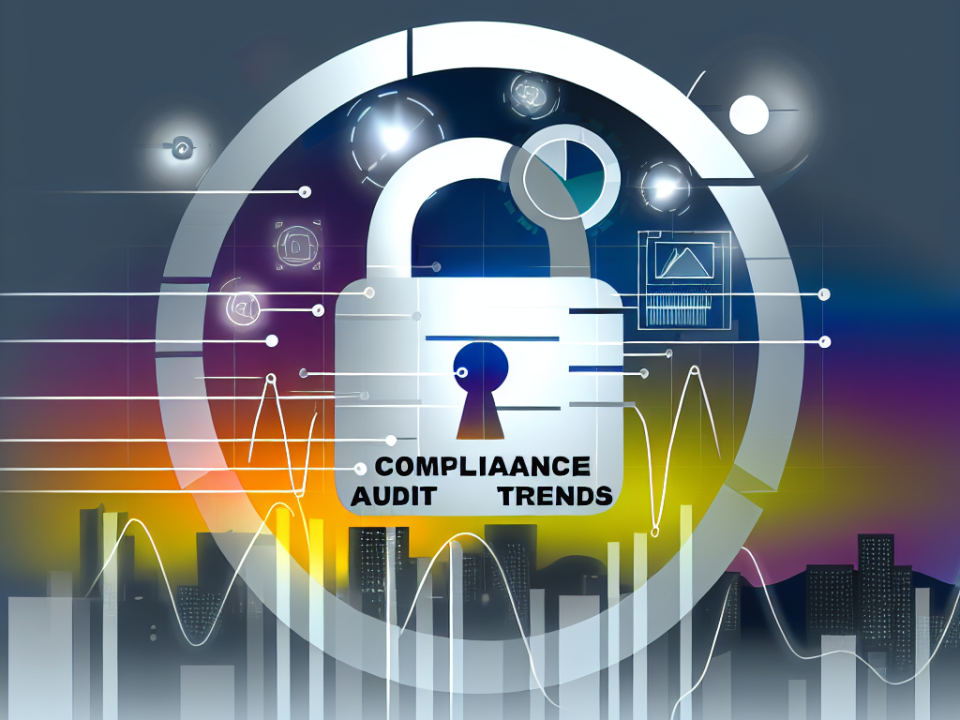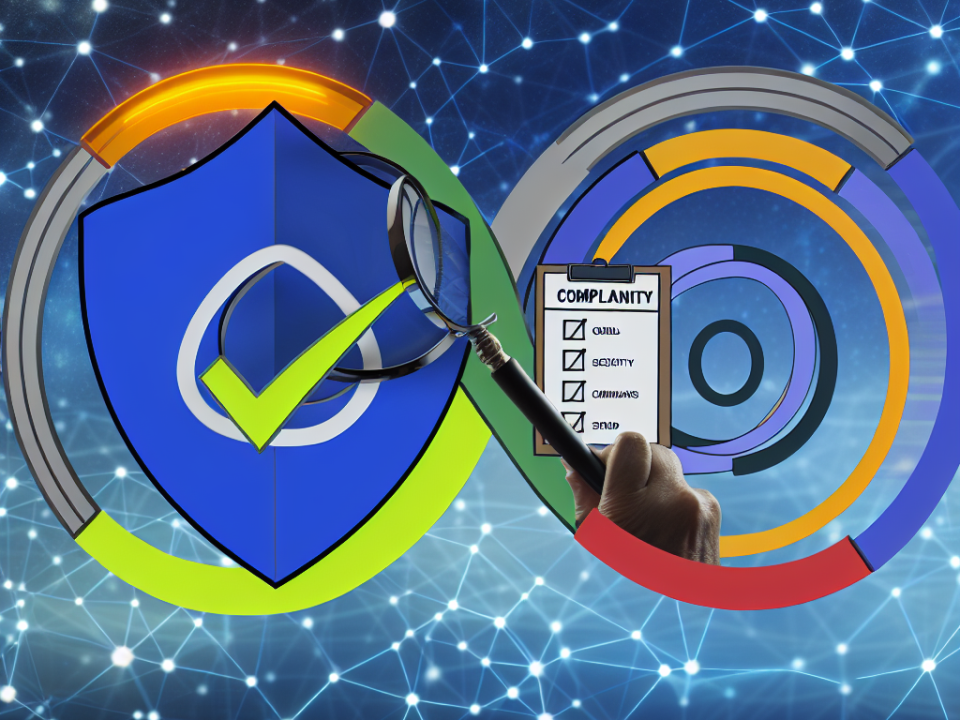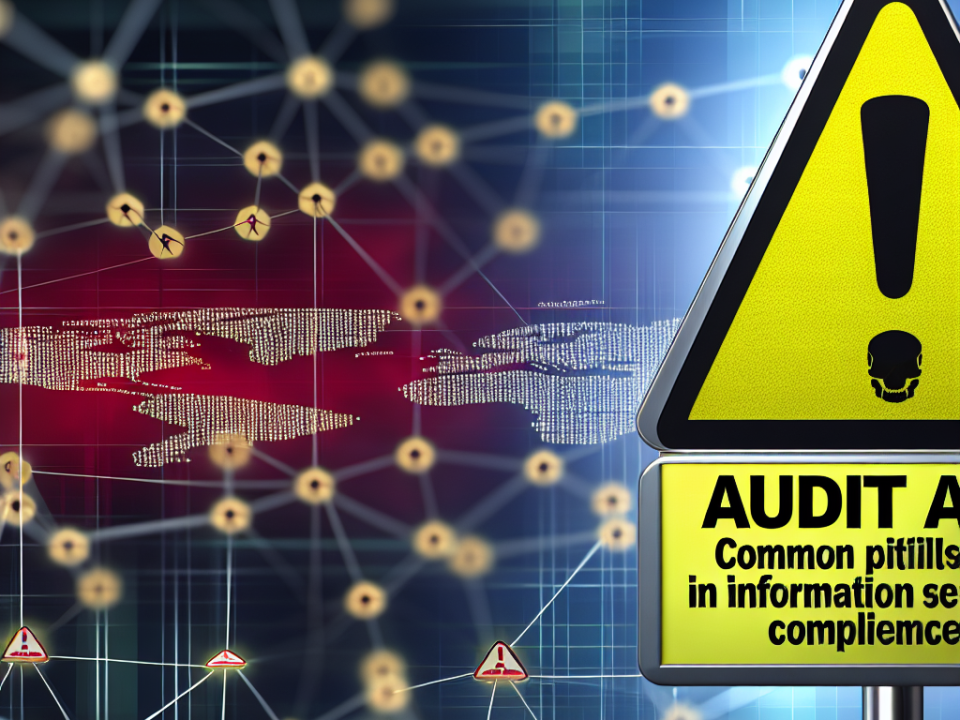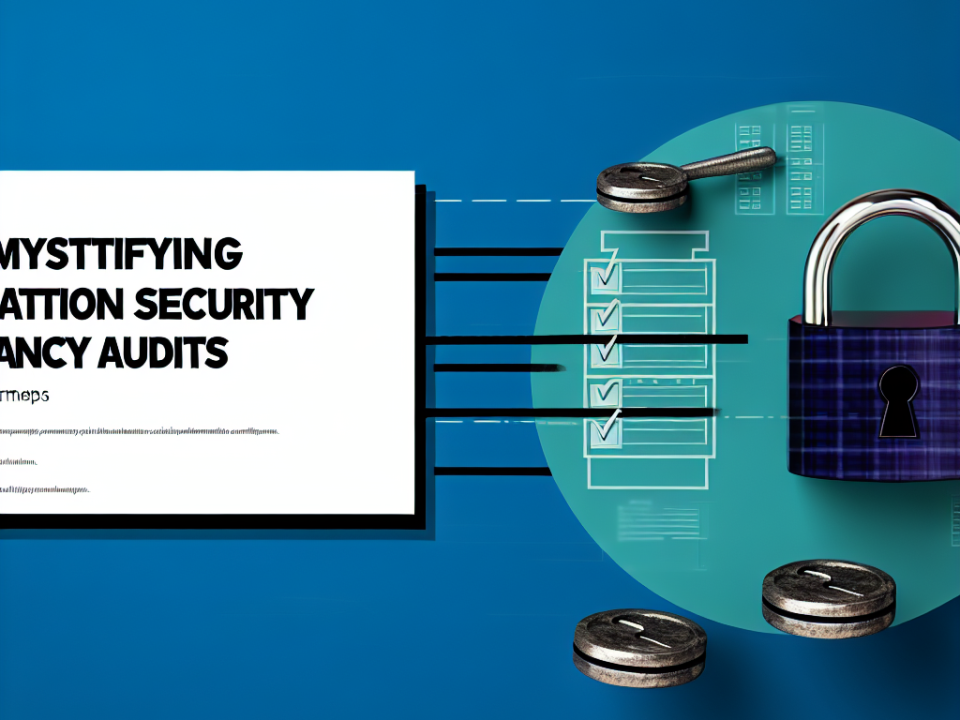
Don’t Get Left Behind: A Comprehensive Cybersecurity Compliance Checklist
July 14, 2025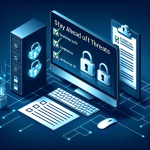
Stay Ahead of Threats: Essential Cybersecurity Compliance Checklist for 2023
July 15, 2025
The shift to remote work has transformed how businesses operate, enabling flexibility and attracting a broader talent pool. However, this transition also presents unique compliance challenges. Ensuring that remote workers adhere to legal, regulatory, and internal policies can be daunting. In this article, we delve into the primary compliance challenges organizations face in a remote environment and propose effective solutions.
The Compliance Challenges of Remote Work
1. Data Security and Privacy
With employees accessing sensitive information from various locations, ensuring data security and privacy is paramount. Compliance with regulations such as the General Data Protection Regulation (GDPR) and the Health Insurance Portability and Accountability Act (HIPAA) becomes increasingly complex when employees work remotely.
Solution: Organizations must adopt robust data encryption methods, implement Virtual Private Networks (VPNs), and conduct regular security assessments. Training employees on data handling practices can foster a culture of compliance and vigilance.
2. Employment Law Compliance
Remote work blurs the lines of jurisdiction, as employees may be located in different states or countries. Each region may have varying labor laws, tax obligations, and workers’ compensation requirements.
Solution: Employers should invest in software that helps manage compliance across different jurisdictions. Regular consultations with legal counsel can also ensure that the organization remains updated on changing laws.
3. Monitoring and Performance Management
Remote work can make it challenging to monitor employee performance and adherence to company policies. There’s a risk of potential overreach, where excessive monitoring could lead to violations of privacy rights.
Solution: Establish clear metrics for performance evaluation that respect employee privacy. Implement transparent monitoring tools that employees are informed about, fostering trust while ensuring accountability.
4. Communication and Training
Effective communication is crucial in maintaining compliance, but remote work may lead to missed messages and inadequate training sessions. Employees may not receive essential updates about compliance policies, leading to unintentional violations.
Solution: Utilize cloud-based communication and training platforms to disseminate information efficiently. Regular training sessions, webinars, and reinforcement of compliance policies can help keep all team members informed and engaged.
5. Cultural Differences and Ethics
In a remote environment, employees may come from varied cultural backgrounds, leading to differing perceptions of ethical behavior and compliance. This can affect how policies are understood and implemented.
Solution: Foster a strong organizational culture that emphasizes shared values and ethics across the board. Offering resources for cultural competency can help bridge gaps and promote understanding among diverse teams.
6. Document Management
Keeping track of records, contracts, and compliance-related documents can become cumbersome when employees work remotely. The risk of losing critical documents increases, which could lead to non-compliance.
Solution: Implement a centralized digital document management system that allows employees to access and store necessary documents securely. Regular audits can ensure that all records are up-to-date and compliant with regulatory standards.
Conclusion: Embracing Challenges as Opportunities
While maintaining compliance in a remote work environment poses numerous challenges, innovative technology and proactive strategies can help organizations navigate these complexities. By establishing clear policies, investing in training, and leveraging tools for communication and data management, businesses can foster a culture of compliance that not only protects the organization but also empowers employees.
As remote work continues to evolve, staying informed and adaptable will be crucial for organizations seeking to maintain compliance while embracing the benefits of a flexible work environment. The ultimate goal is not only to comply with regulations but also to build a trustworthy and resilient workplace culture that can thrive in any setting.


